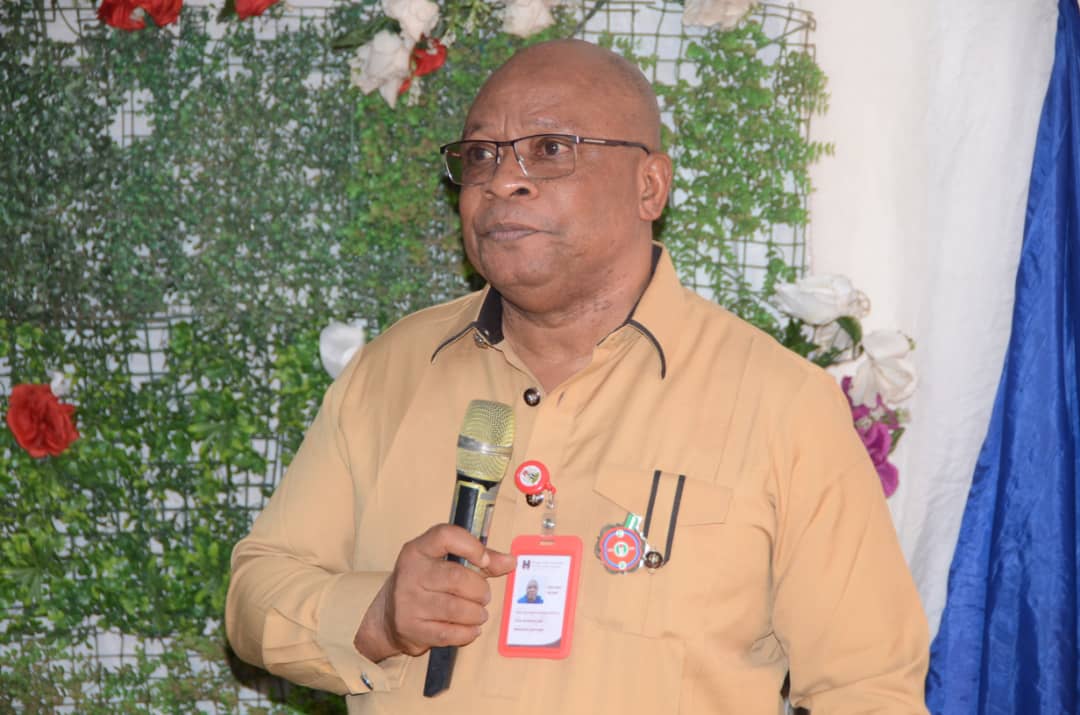The Nigerian government has admitted, in a shocking admission, that the privatization of the power sector, which was started ten years ago, failed. The revelation coincides with the dismal generation, transmission, and distribution of barely over 4,000 Megawatts (MW) in the country, which has led President Bola Tinubu to label the state of affairs as “shameful.”
NESI privatization and its 10-year milestone: the journey so far, opportunities, and prospects was the theme of his speech at the 2023 NESI Market Participants and Stakeholders Roundtable (NMPSR) in Abuja.
President Tinubu noted that about 90 million Nigerians still lack access to a consistent power supply after ten years of privatization initiatives, as represented by Mr. Sodiq Wanka, the Office of the Vice President’s Special Advisor on Energy and Infrastructure.
The government’s inability to draw in the anticipated private sector investments into the power sector is one of the most concerning parts of this failure. In his speech, Tinubu bemoaned that “the key objectives of the privatization effort were to improve the efficiency of the power sector, unlock private sector investments, and unleash the potential of the nation through an energized economy.” But he contended that there have been disastrous repercussions since these goals have not been achieved.
With only 15% of the nation’s electrical needs being met by the national grid, Nigeria’s power industry is now in appalling shape. Due to this, a startling 40% of the demand must be satisfied by costly self-generation, which puts a significant strain on individuals and companies. What’s even more concerning is that there hasn’t been much growth in the total amount of electricity fed into the national grid in the last ten years. Only slightly more than 4,000MW of capacity had been added to the grid since its privatization, a far cry from the Federal Government’s lofty 40,000MW goal.
Mr. Adebayo Adelabu, the Minister of Power, also voiced his disapproval of the choice to privatize the electricity industry, arguing that an other strategy—such as commercialization—might have worked better. On a 0-100 scale, he questioned if the privatization’s goals had been met and said that, in his opinion, they hadn’t.
The realization that operational licenses for distribution businesses (DisCos) would not be automatically renewed when they expire is one of the most important lessons learned from the roundtable. A significant shift in the government’s approach to regulating the power sector was signaled by Chief Adelabu’s unwavering declaration that businesses that did not live up to expectations would not have their licenses renewed.
The Chairman of the Senate Committee on Power, Eyinaya Abaribe, spoke on behalf of Senate President Godswill Akpabio, who emphasized the industry’s importance to the nation’s economic expansion. Though there has been some improvement, he bemoaned the fact that the goals of enhancing electricity supply have not been reached. With a revision to the 2023 Electricity Act in progress to accommodate the most recent developments in the industry, he gave his assurance that the parliament is dedicated to establishing a favorable legal environment for the power sector.
Therefore, the 10-year anniversary of the Nigerian electricity sector presents a bleak image of unfulfilled promises and enduring difficulties. As decision-makers in the government and business community discuss the way forward, it is evident that a more successful approach is required to provide millions of Nigerians with consistent access to energy.




